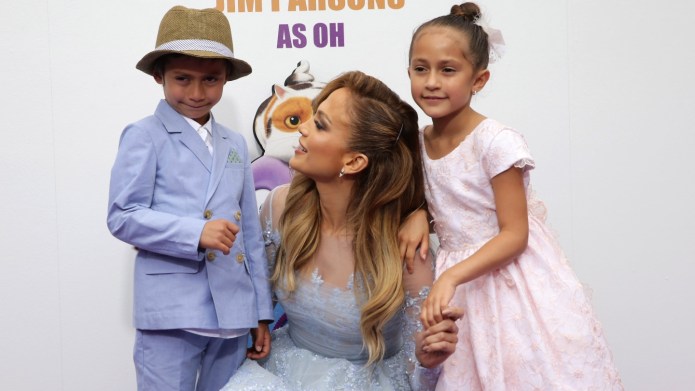In the world of celebrity and public life, the surnames we choose often carry significant weight, embodying not only our family heritage but also our personal narratives and public personas.
The Lopez-Affleck family, with Jennifer Lopez and Ben Affleck at the helm, offers a rich tapestry of cultural and personal identity to explore, particularly as it pertains to the naming of their children.

The decision to give up their father’s surname is one that the Lopez-Affleck family has approached with a blend of personal conviction and public consideration.
While there is no one-size-fits-all answer to this question, the choices made by Lopez and Affleck’s children can provide insightful commentary on the evolving nature of surnames in modern society and how they intersect with notions of identity, heritage, and autonomy.

Historically, surnames have served as markers of lineage, denoting a connection to one’s ancestors and cultural backgrounds. For Jennifer Lopez and Ben Affleck, their Spanish and Irish-American surnames, respectively, are integral to their identities and the stories they tell through their lives and work.
However, the decision by their children to forgo their father’s surname suggests a conscious departure from traditional expectations. In a world where individuality and self-definition are increasingly valued, this choice can be seen as an assertion of personal identity over familial or cultural expectations.
It reflects a broader societal shift toward valuing personal choice in matters of naming, especially as these choices become more intertwined with concepts of gender identity and non-binary perspectives.
The reasons behind such a decision can be multifaceted. For some, it may be a way to honor their maternal heritage or to create a new sense of self that is distinct from their parents.
For others, it may be a response to the complexities of their dual cultural backgrounds, seeking to blend or separate these identities in a manner that feels true to themselves.
The Lopez-Affleck children’s journey with their surnames is a vivid illustration of the complex interplay between family, culture, and individual identity. As they navigate their public and private lives, the choice they make about their surname is a powerful statement about who they are and who they wish to be.
In examining the Lopez-Affleck family’s approach to naming, we gain insight into the evolving nature of surnames in contemporary society.
It reveals a world where the significance of surnames is no longer fixed but is instead a dynamic element of personal narrative and identity construction.
As the Lopez-Affleck children continue to grow and define themselves, their choices around surnames will undoubtedly continue to reflect broader societal shifts and the ever-changing tapestry of personal identity in the modern world.





